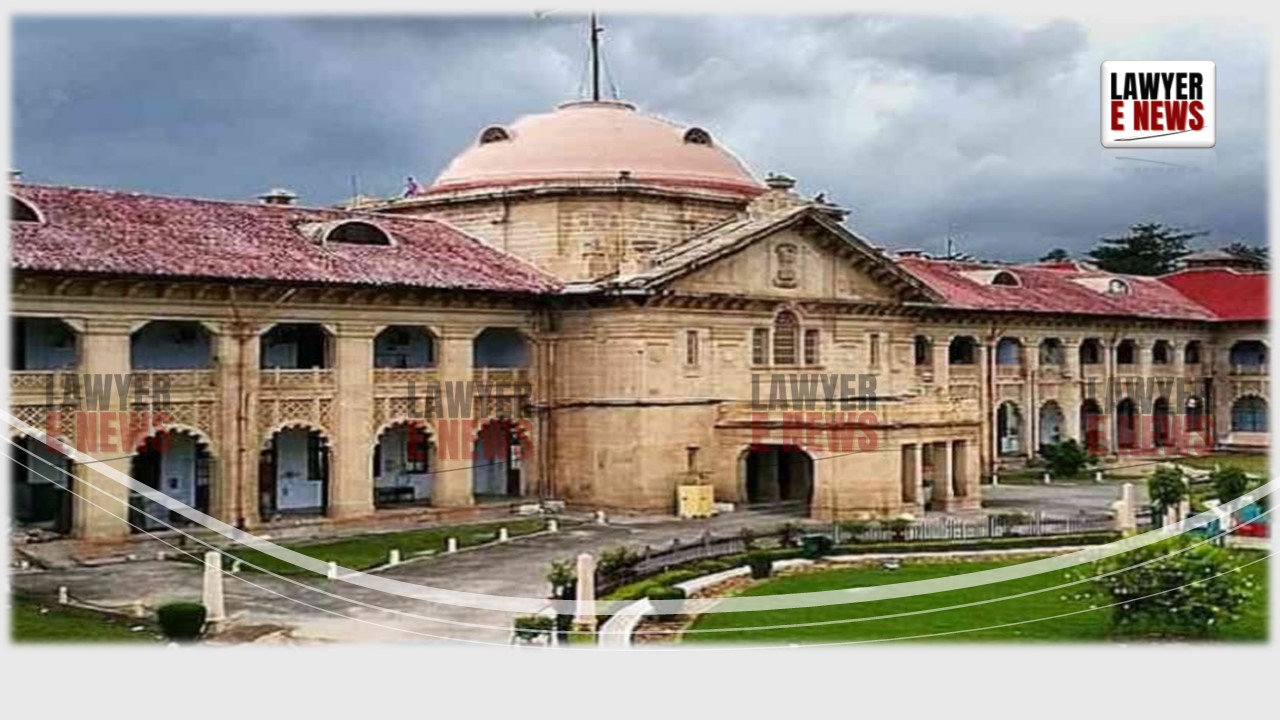-
by Admin
18 February 2026 4:37 AM



“The reliance on material not supplied to the petitioner and the inconsistent reasoning adopted by the same appellate authority in similar cases makes the impugned order arbitrary and violative of Article 14.” - In R.S. Filling Station Indian Oil Corporation Ltd. Kheri v. Indian Oil Corporation Ltd., Mumbai & Others (Writ-C No. 4944 of 2023), the Allahabad High Court, Lucknow Bench quashed the termination of a petrol pump dealership, holding that reliance on undisclosed material and deviation from procedural fairness rendered the action illegal. Justice Pankaj Bhatia found that Indian Oil Corporation Ltd. (IOCL) failed to comply with the principles of natural justice and selectively interpreted its Marketing Discipline Guidelines (MDG), especially Clause 5.1.4, which mandates tampering must indicate likelihood of manipulating delivery.
“When the foundation of action is defective, the superstructure cannot stand — termination based on unserved material violates fair play.”
The petitioner, R.S. Filling Station, was appointed as a retail outlet dealer in 2005 under a formal agreement with IOCL. Following a state-wide inspection drive initiated in May 2017, officials inspected the petitioner’s outlet and allegedly found suspicious soldering on two pulsar cards — components in fuel dispensing units. One card was tested by OEM MIDCO, which reported visual signs of tampering. Another was tested by Dresser Wayne, which found normal functioning but observed soldering signs.
Based on MIDCO's report and a clarificatory email dated 20.06.2018 (which was not disclosed in the original show cause notice), IOCL terminated the dealership. The petitioner challenged the termination and subsequent appellate orders, arguing procedural impropriety, bias, and unequal treatment.
Justice Bhatia held that the Corporation’s reliance on the MIDCO clarificatory email — not mentioned in the show cause notice — violated natural justice, observing: “Making a person aware of material during the appellate proceedings without indicating its use in the show cause notice is clearly in violation of principles of natural justice.”
The Court further emphasized that: “The respondent authority proceeded to impose punishment without confronting the petitioner with the clarificatory email, denying any opportunity to rebut or cross-examine the content.”
On the contradictory reasoning adopted by IOCL in a similar case involving Firozabad Fuels and Services, where the same appellate authority interpreted an almost identical OEM report more leniently, the Court remarked: “The Corporation, being ‘State’ under Article 12, cannot adopt diametrically opposite reasoning in similar circumstances — such inconsistency amounts to arbitrary exercise of appellate powers.”
The Court also noted that neither OEM’s report conclusively proved manipulation intended for short delivery, stating: “Clause 5.1.4 of MDG requires likelihood of manipulation for undue benefit — neither the show cause notice nor the reports explicitly alleged short selling or active manipulation.”
On this point, it found the personal inferences drawn by IOCL officials in their orders to be “unsupported by any existing material or expert evaluation as required by the remand order from the Supreme Court.”
“The deeming inference under Clause 5.1.4 must rest on material showing intent or effect of manipulation — mere soldering marks without testing evidence is not sufficient.”
The Allahabad High Court quashed both the termination order dated 12.01.2023 and the appellate order dated 15.05.2023, finding them procedurally flawed and substantively arbitrary. It ruled: “The impugned orders are hereby quashed for being violative of the principles of natural justice and arbitrary exercise of power.”
This decision reinforces the mandate that State instrumentalities must act fairly and uniformly, especially when livelihoods are at stake and termination is based on technical allegations.
Date of Decision: 5th April 2025
